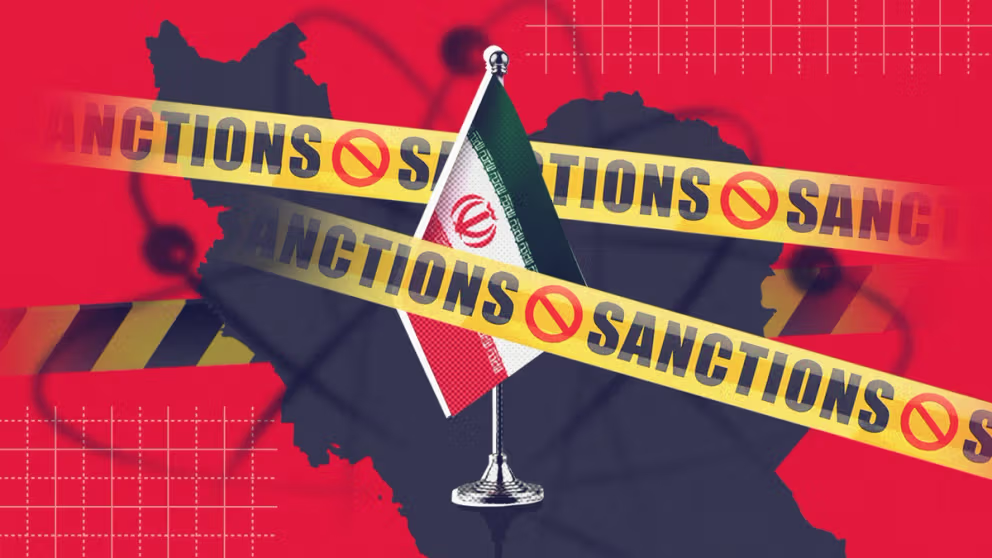Moscow (TDI): Russia has condemned the decision by the United Kingdom, Germany, and France to activate the snapback mechanism under the 2015 Iran nuclear deal.
The move, which initiates a 30‑day countdown to reimpose United Nations sanctions on Iran, has drawn a forceful rebuke from the Russian Foreign Ministry, which accused the Europeans and the United States of causing the collapse of the agreement.
Russia’s Foreign Ministry warned that re-imposing sanctions could seriously destabilize the Middle East and derail ongoing diplomatic efforts. The statement cited concerns about the fallout for regional coherence and peace-building efforts.
Russia is not alone in voicing these concerns. Many experts believe that by activating the snapback mechanism, the E3 is only blocking the way for a negotiated settlement of the Iranian nuclear issue.
The E3, on the other hand, justifies this almost coercive measure on the basis of Iran not fulfilling the demands, which include: it must restore access for UN nuclear inspectors, address concerns over its enriched uranium stockpile, and re-engage in direct talks with the United States.
Read More: E3 Urges Iran to Accept Sanctions Delay Proposal
In parallel, Russian President Vladimir Putin emphasized, in remarks ahead of his visit to China for SCO Summit, that Russia and Beijing oppose “discriminatory” sanctions which impede global socio-economic progress and sow discord among nations.
Russian officials proposed a draft resolution at the United Nations seeking to extend the 2015 nuclear deal for six months, in hopes of providing more time for negotiations.
Iran, for its part, has denounced the imminent sanctions as “unjustified” and stressed that they lack any credible legal foundation, a stance echoed by Moscow. The move by E3 comes soon after the latest round of talks with Iran in Geneva.
Acting on behalf of Israel and the U.S., the E3 have decided to maliciously pursue pressure on the Iranian people. This folly—which Iran has sternly warned against—is immoral, unjustified, and unlawful.
Iran has cautioned that having been left out by the U.S. on all global…
— Seyed Abbas Araghchi (@araghchi) August 29, 2025
Iran has maintained dialogue is the only way forward, rejecting preconditions. After the 12-day war in July, Iran is of the view that all dialogue partners, including the E3, could not prevent attacks by Israel and the US itself.
After the war, Iran decided to deny access to UN’s nuclear watchdog, ending the inspection mechanisms that were in place before.
It maintains that the US withdrew from the nuclear deal and as the most-significant party in the deal, it put the whole cooperative framework in jeopardy.
Among the countries that back Iran’s stance, Russia and China are the most noteworthy allies. Direct talks between Iran and the US are stalled since the 12-day war. Prior the war, five rounds of talks had taken place.
The Diplomatic Insight is a digital and print magazine focusing on diplomacy, defense, and development publishing since 2009.



